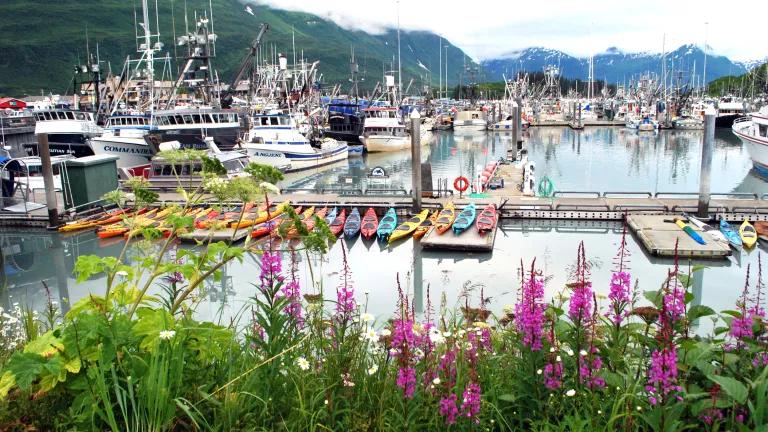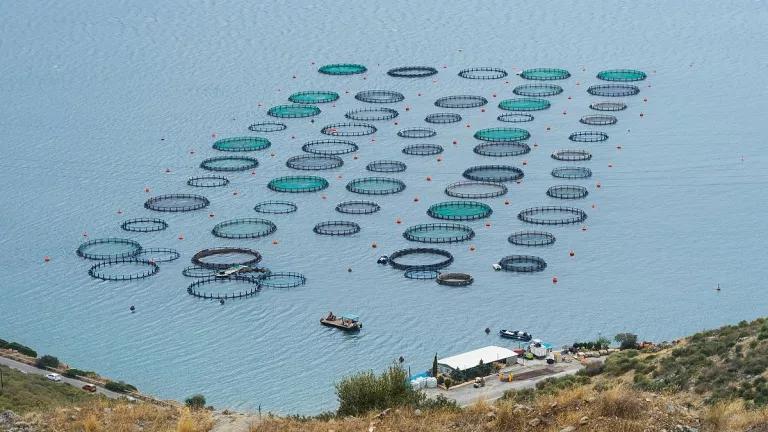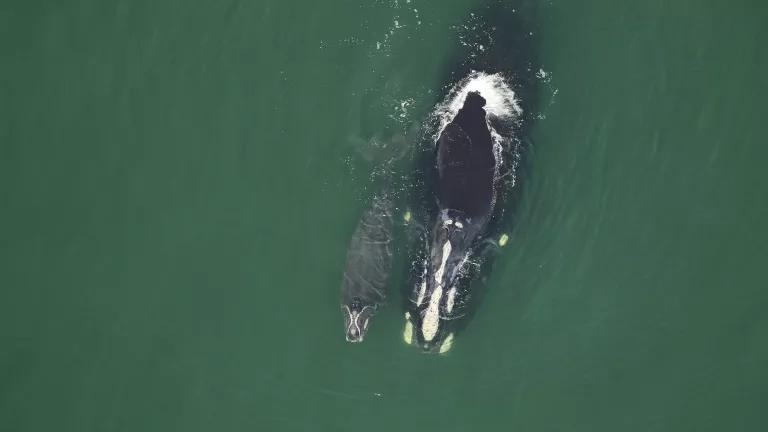Congress Is About to Gut the Law That Restored Our Fisheries

Alaska Sea Grant, CC BY 4.0
House “Empty Oceans Act” Threatens to Unravel 40 Years of Progress
Every now and then, lawmakers, advocates, scientists, and stakeholders come together in good faith, find common ground, and work amicably with one another to craft sound public policy that ends up benefiting both people and the environment. When it happens, we rightly applaud—and wish aloud that it would happen more often.
A prime example is the Magnuson-Stevens Fishery Conservation and Management Act, or the MSA for short. Named for the Pacific Northwest senators—one Democrat, one Republican—who vigorously championed its passage back in 1976, the MSA codified into law a responsible, sustainable, science-based approach to our nation’s fisheries management. In doing so, it created the legal framework for rules that prevent overfishing, conserve fishery resources, preserve habitats, and safeguard the long-term health of the marine environment.
Over the years, the MSA has done more than any other piece of legislation to protect and replenish our fish and shellfish populations, which remain highly vulnerable to depletion caused by overfishing. Updates and amendments to the MSA have been crucial to helping fisheries managers rebuild their stocks, and this in turn has helped the many stakeholders that depend on fisheries—not only fishermen, seafood suppliers, and restaurateurs, but all the businesses that support them—stay afloat amid shifting economic tides. (In 2015, commercial and recreational fishing generated an estimated $207.6 billion in sales impacts throughout the U.S. economy.)
Thanks to the MSA, American fisheries are among the healthiest and most economically productive in the world. Science-based conservation principles have been at the law’s core ever since its initial passage. And as the science has gotten better, the law has changed for the better too. In 1996 the MSA was reauthorized and updated with a new requirement that depleted fishery stocks be rebuilt in as short a time as possible, not to exceed 10 years (with a handful of exceptions). Ten years later, the law was reauthorized and updated again, this time with a requirement that managers set science-based annual catch limits for all managed stocks, plus tools to ensure that catch stays below the limit.

Ted S. Warren/Associated Press
What happened as a result? Exactly what scientists said would happen: Dozens of stocks have come back from the brink since 2000, restoring health not only to individual fish populations but also to the many stakeholders and communities that rely on them. Sound science, in other words, led to sound public policy.
But for some lawmakers, the success of the MSA, strangely enough, is evidence that it’s time to weaken those protections that have actually made it such a success. It’s like arguing for relaxing the workplace-safety rules in a factory that hasn’t reported a single accident in years. According to this line of thinking, the factory’s doing just fine these days—who needs all those pesky rules for a “safe workplace” when the workplace is already safe?
Cleverly, lawmakers who want to gut the protections at the heart of the modern MSA claim they want to make the law more “flexible” and cede more of its rulemaking and rule-enforcing power to the states or to local fisheries. With the backing of certain special interests and industry groups, these lawmakers have been trying to hobble the law for years, especially its provisions for imposing annual catch limits and establishing and enforcing time lines for rebuilding.
And now they’re closer than ever to realizing their goal. On Wednesday the U.S. House of Representatives is expected to vote on H.R. 200, a bill that would reauthorize but also severely weaken the MSA. H.R. 200 has grabbed the attention of a diverse and growing coalition of concerned citizens, including seafood producers and distributors, commercial fishermen, conservation groups, and hundreds of scientists who have spoken up to oppose it. This is because H.R. 200 is riddled with so many carve-outs and loopholes that lawmakers will effectively be voting to reauthorize a version of the MSA that runs completely counter to its protective, science-based aims.
So devastating would the proposed changes be to the MSA’s effectiveness that many have taken to referring to it as the “Empty Oceans Act.” If passed in its current form, it would, among other things, let regional fishery management councils raise the annual catch limits for certain stocks at will—allowing local politics and public pressure to encroach on management decisions that ought to be based on data and the scientific principles of fish conservation. It would also obliterate the idea of any time line for the rebuilding of stocks, effectively telling fishery managers that they can take as much time as they want. Combined with the first change, such a laissez-faire attitude toward preventing overfishing and restoring fisheries is a (seafood) recipe for disaster.
There are plenty of other things to dislike about the bill, including that it would promote “alternative” management of recreational fisheries. This is more or less code for getting out of the catch limit framework, and it could mean managing recreational fishing under a system different from the one that manages commercial fishing, even with stocks that are fished by both sectors. This is a risky proposition: In some fisheries, recreational fishermen account for a large portion of total catch, and without limits, angling can result in overfishing—and already has. (For a deeper dive, check out my blog on this topic.)
The MSA has required some tinkering over the years, but it’s nevertheless a shining example of a conservation law that works. While H.R. 200 pretends to be just the latest in a decades-long series of improvements to the law, it would spell the beginning of the end for the MSA—and for the long-term health of our nation’s fisheries.
Rather than slipping back into old habits of “boom and bust” fisheries, now is the time to build on our successes. We can address remaining challenges—protecting marine habitat, replenishing stocks that remain at unhealthy levels, improving data collection, and increasing our responsiveness to climate change, to name a few—without compromising on conservation. As the reauthorization process moves forward in Congress, we look forward to continuing to work toward sustainable fisheries, healthy marine ecosystems, and prosperous coastal communities.
You can help by taking action to show your support for healthy fisheries and healthy oceans.




